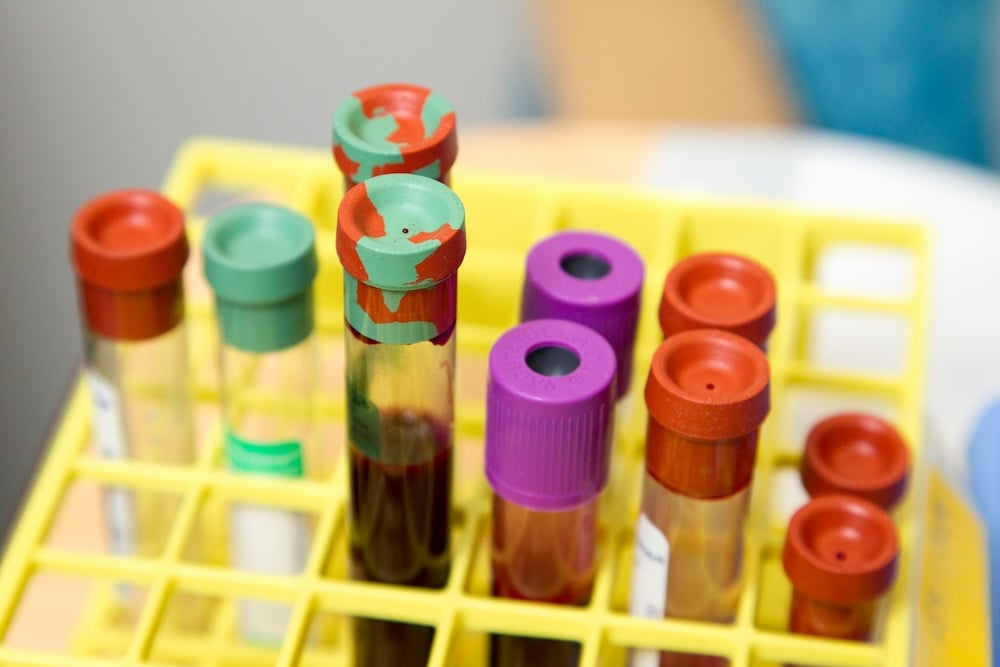How to Become a Phlebotomist in New York

To become a phlebotomist in New York, you need to complete a phlebotomy training program and build hands-on experience through supervised clinical practice.
Phlebotomists in New York earn about $50,860 per year or $24.45 per hour (BLS). Job demand remains steady, with a 6% growth rate expected from 2024 to 2034 (BLS).
This guide walks through New York’s requirements, training steps, certification options, and where to take classes.
How long does it take to become a phlebotomist in New York?
Phlebotomy programs in New York generally take 4–8 weeks to complete, including coursework and supervised clinical hours. Some intensive programs may finish faster depending on scheduling.
What do you need to be a phlebotomist in NYC?
You must have a high school diploma or GED, CPR certification, required immunizations, and a background check. NYC employers also expect competency in venipuncture, specimen tracking, infection control, and waived testing procedures.
How much does a phlebotomist make in NYC?
Phlebotomists in New York earn about $50,860 per year or $24.45 per hour, based on the most recent BLS data. Wages are typically higher in New York City due to clinical demand and regional cost of living.
What is the quickest way to become a phlebotomist?
The fastest route is completing an accredited program that includes both didactic training and hands-on clinical hours. Many New York programs can be finished in as little as 4 weeks, depending on availability and scheduling.
Final Thoughts
Starting a phlebotomy career in New York is a practical, fast entry into healthcare with strong hiring demand and a short training path. If you're ready to move forward, explore programs on Dreambound and begin your journey toward becoming a phlebotomist in New York.
Related Guides

Athena is Co-founder and CEO of Dreambound.





